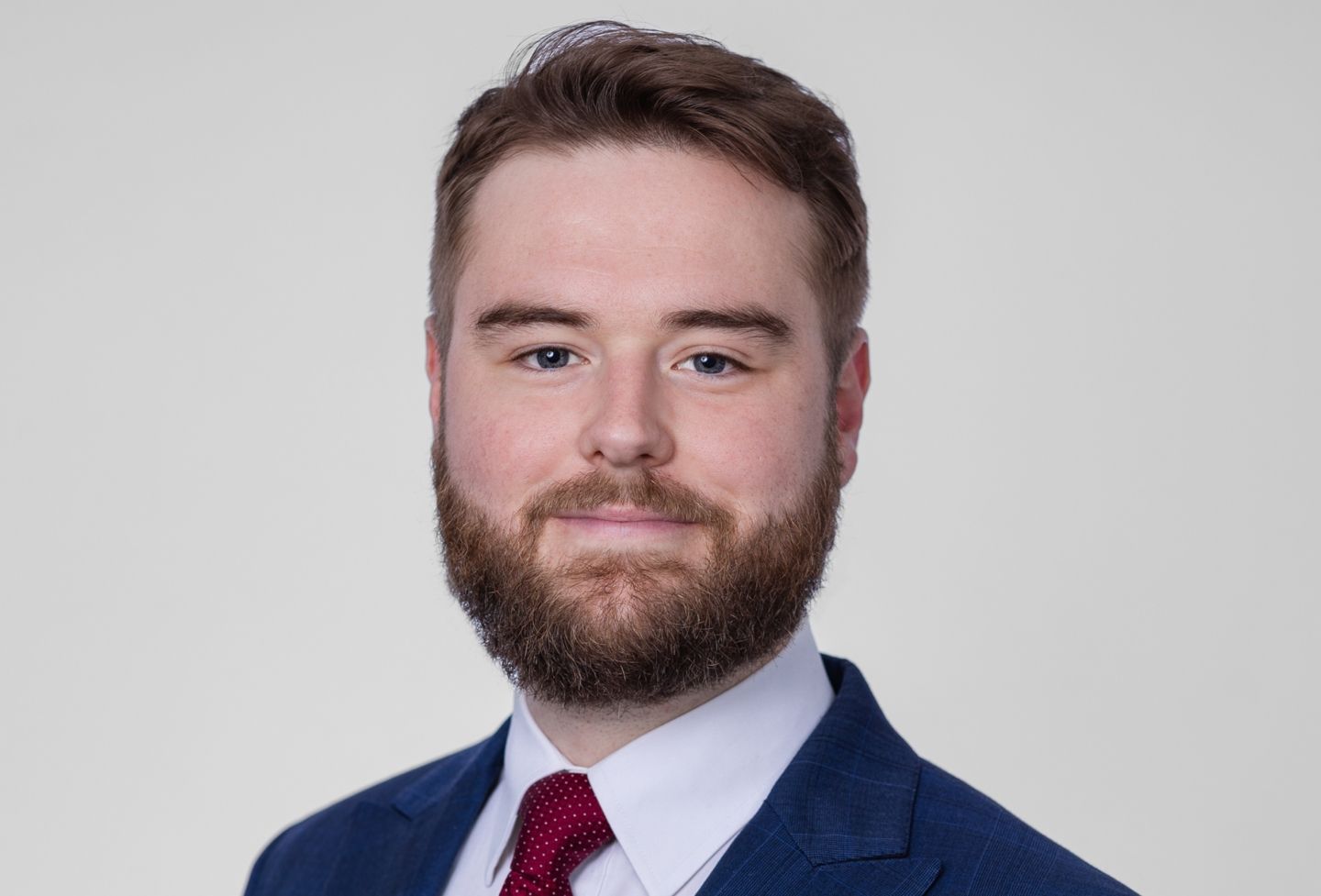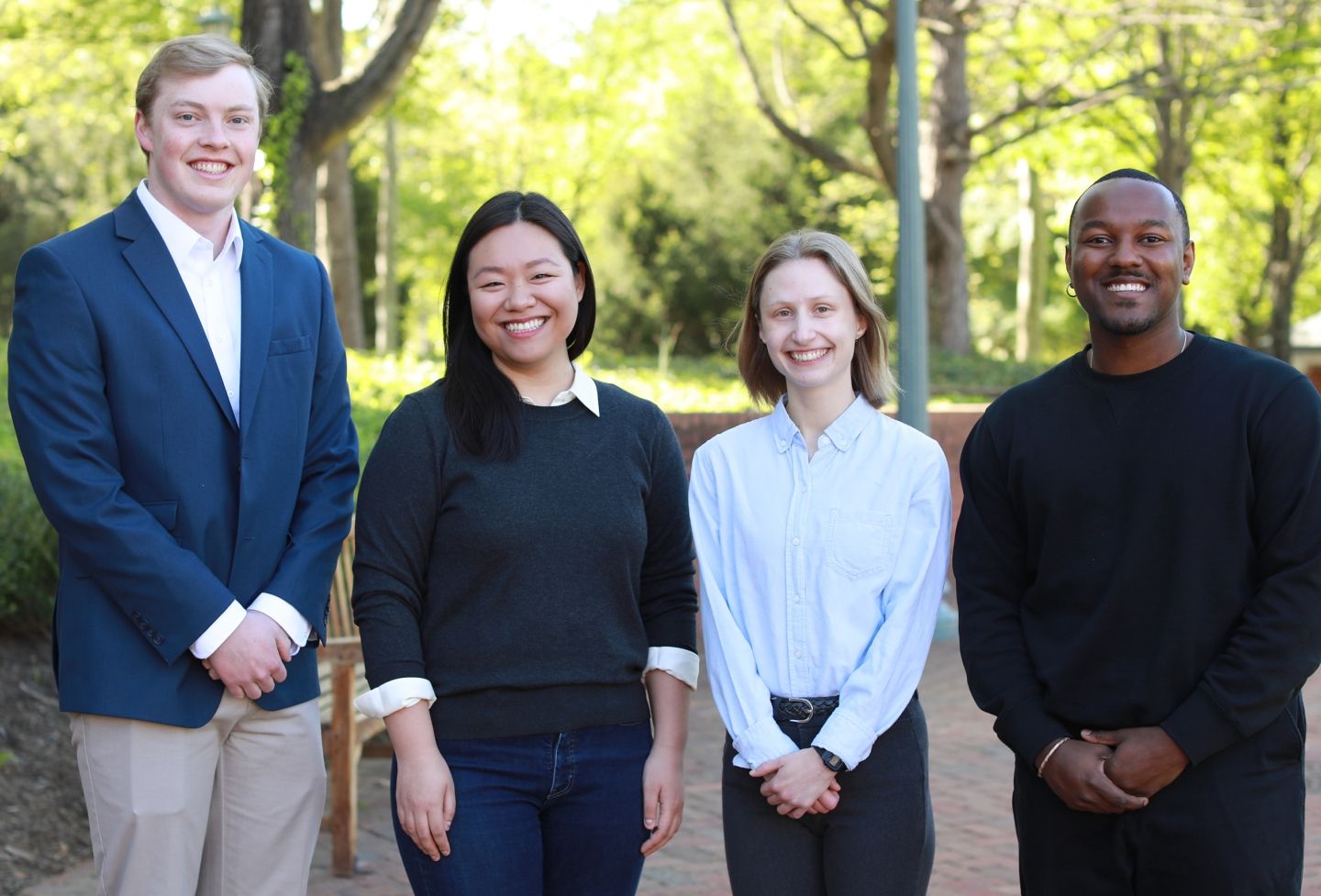It's not hard for law students to learn about the legal operations of publicly traded companies — the information on the companies' finances and governance is, after all, public. But students interested in the private equity field are getting an inside look this semester at an industry that is more difficult to divine, thanks to an expert from the University of Virginia's Darden School of Business.
"Nokia is a public company," said Darden Professor Susan Chaplinsky, who is teaching the Law School short course Private Equity, which concludes this week. "I can pull all of its financials. I can pull all of the analysts' reports. But when you teach private equity, you cannot do good course materials unless you have good company interactions, because the information is private."
Chaplinsky, one of the nation's leading experts on corporate finance, capital raising and private equity, is among a number of UVA faculty members from disciplines other than law who enhance the Law School's Program in Law & Business, which brings together faculty experts in accounting, corporate finance, tax law and other fields to help law students develop the skills needed to understand and better serve their future business clients.
Chaplinsky, the Tipton R. Snavely Professor of Business Administration at Darden, teaches "Corporate Financing" and "Entrepreneurship and Private Equity" in Darden's highly regarded MBA program.
"Susan is a terrific teacher," said George Geis, the Law School's vice dean and faculty adviser to the J.D.-MBA program. "She's an expert in new-company formation, and she writes a lot of cases that are published and used in business school classes. These aren't law school-style cases — they're forward-looking and designed to put students in the role of decisionmaker."
As part of her short course, Chaplinsky presents actual business cases, most of them recent, to demonstrate frequently encountered legal and business situations, as well as some unexpected ones.
"I'm trying to provide more of a context about how the sponsor of a private equity deal would look at the deal in terms of its financial merits," Chaplinsky said.
In a recent class, for example, Chaplinsky detailed a "rollup" of competing home healthcare services into a new, larger business. The result was mostly a success, she said, but the Patient Protection and Affordable Care Act created a wrinkle.
"They didn't anticipate a regulatory change, and it affected their cash flow in the first year," Chaplinsky said.
While Chaplinsky doesn't expect law students to have as much business analysis expertise as her Darden students, Accounting and Corporate Finance — also offered at the Law School and traditionally taught by UVA Darden, McIntire or law professors — are prerequisites for the short course, and she expects law students to be able to discuss how financials influence outcomes.
"I try to do at least one example of the analysis to show them sort of a hands-on understanding of where the numbers come from, and how it works out to affect the returns on a deal," Chaplinsky said. "And I do remind them, as far as the investors are concerned, there's nothing more important than the returns."
Chaplinsky said her research often comes directly from her many contacts, including Darden alumni. She has taught at Darden since 1995, and has taught a longer version of Private Equity there since 2000.
"There are a number of alumni at Darden who have done well in the private equity space," Chaplinsky said. "They understand the educational mission of the school, and now, when they have an interesting situation, or I run into them or interact with them, I have them into classes as guest speakers."
She said the confidence of her contacts is essential, so she often has to alter company names and sensitive business information.
"You have to develop the contacts, and develop a sense of trust," Chaplinsky said. "You're going to have to disguise the case, but you don't want to lose the educational merits of it."
Due to the time constraints of the short course, she decided to focus less on venture capital and start-ups, which are covered elsewhere in Law & Business instruction, and more on later-stage buyouts. She said students are more likely to encounter these types of deals in their professional careers.
"There's probably 10 times or more the volume of later-stage transactions," she said. "And they bring into play more types of financial arrangements."
In addition to the case studies, Chaplinsky also incorporates mini-lectures and discussions of recent events, such as the recent Dell leveraged buyout, into her instruction.
Law student Shawheen Molavi '13, who is enrolled in Chaplinsky's course, worked last summer in the private equity division of Linklaters, a top law firm that advises private equity transactions globally. His focus then was primarily on the formation side of private equity. Molavi will join Linklaters' corporate division full time when he graduates, and he said Chaplinsky's course has helped him fully understand what matters in a private equity deal.
"Understanding the deal's goals and objectives is very important to facilitating the transactions," Molavi said. "In the Corporate Group [at Linklaters], we'll either be representing a target of a private equity group or help the private equity group doing the acquiring. Susan Chaplinsky's course is the only one being done at the Law School from an acquisitions standpoint."
Geis said he first met Chaplinsky when he guest-lectured at Darden. He was so impressed by her materials that he now uses one of her cases in his own Corporate Finance class.
Geis added that classes like Chaplinsky's Private Equity course strengthen the Program in Law & Business.
"It demonstrates the value we hold in seeking out top-notch instructors," Geis said.
Founded in 1819, the University of Virginia School of Law is the second-oldest continuously operating law school in the nation. Consistently ranked among the top law schools, Virginia is a world-renowned training ground for distinguished lawyers and public servants, instilling in them a commitment to leadership, integrity and community service.


